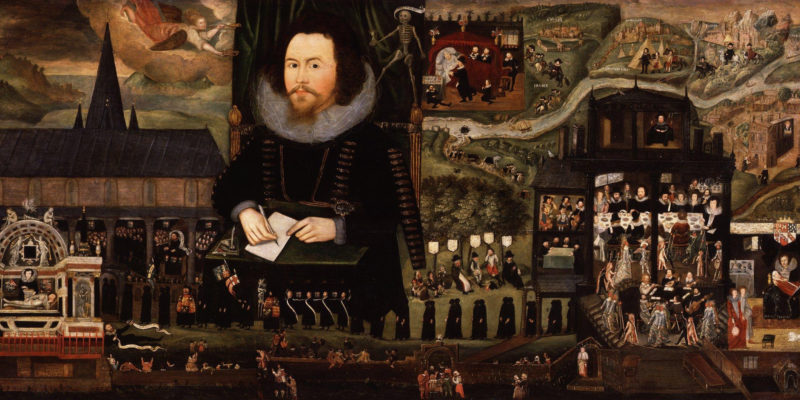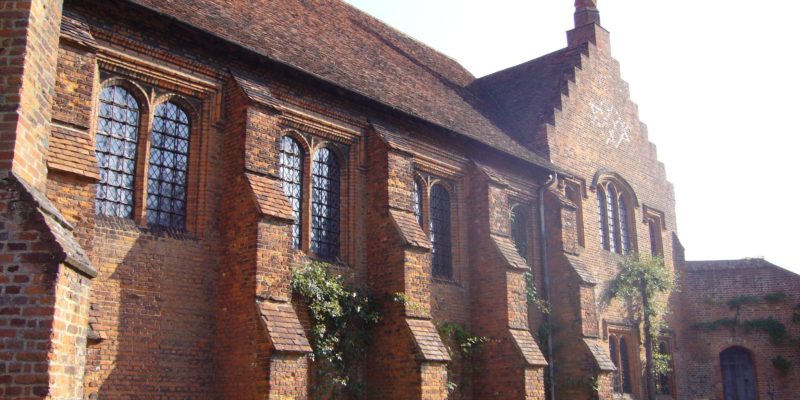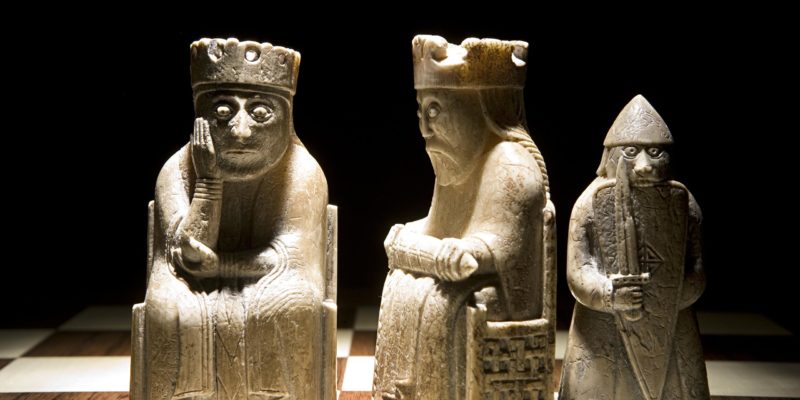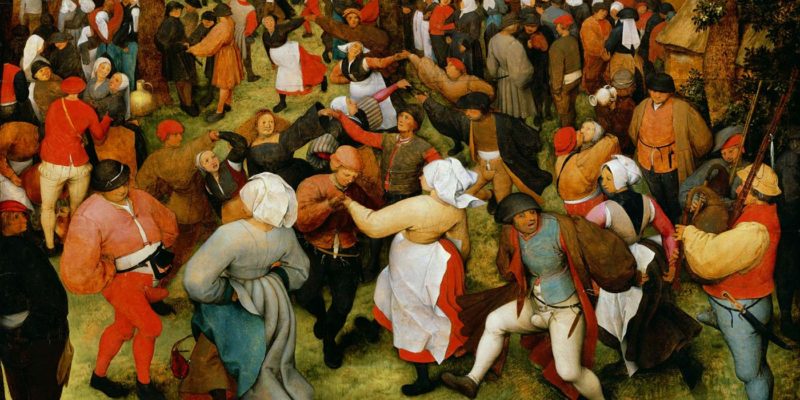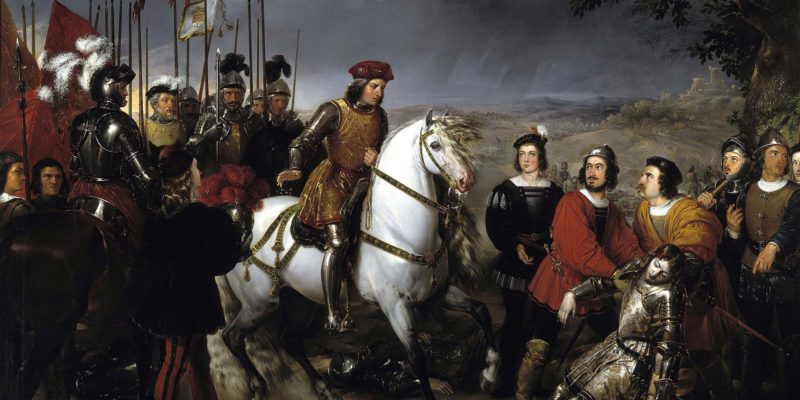Tudor Times is the online repository for all things Tudor and Stewart (1485–1625)
PERSON OF THE MONTH
Katherine Parr
Queen of England from 1543 until 1547, the last of the six wives of King Henry VIII.
View featureFeatured

Conflicting Religious Perspectives (1517 - 1558)
When Elizabeth I came to the throne in 1558 the Reformation had already been in progress for forty years and there were four major competing religious perspectives in Western Europe - Catholic, Lutheran, Calvinist, and Anabaptist. In this Guest Article, Karen Haden, author of Paying in Blood, examines the beliefs and practices of each in turn.
Read article- James VI and I: the Man Behind the Myth by Steven Veerapen in Guest Articles
- Gloriana's Bloody Age: Massacre and Misrule in Elizabethan Ireland in Guest Articles
- The Four Martyn Sisters of Athelhampton: Tragedy and Wealth in Tudor Dorsetshire in Guest Articles
- Leopards and 'Little John' - the Elizabethan Priest-hole Maker in Guest Articles
New Non-fiction Books
New Fiction Books
What's on
Tudor Times Shop
Modern journal with Tudor garden information
View Now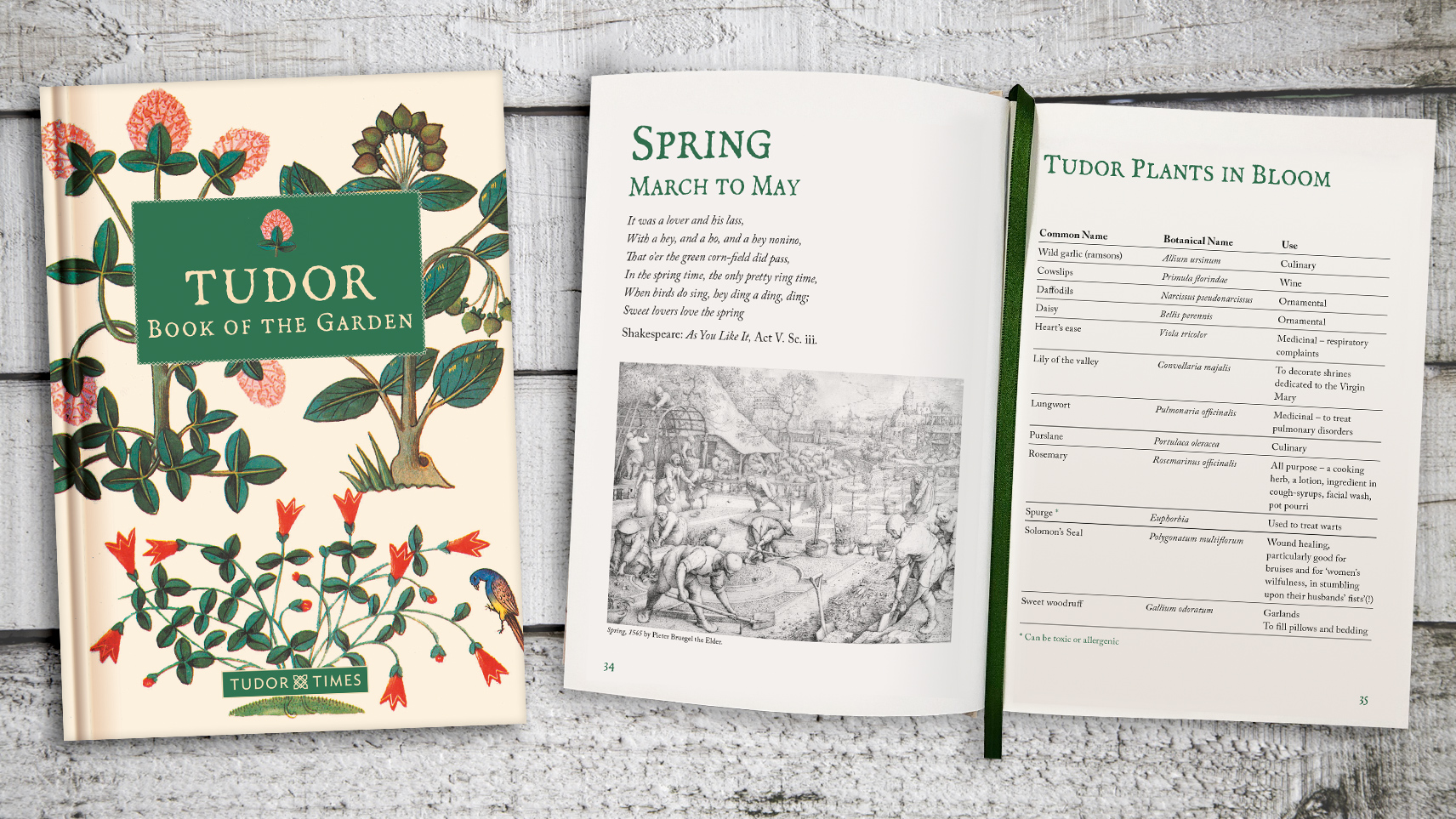
Get regular updates
Register your details to get regular updates

